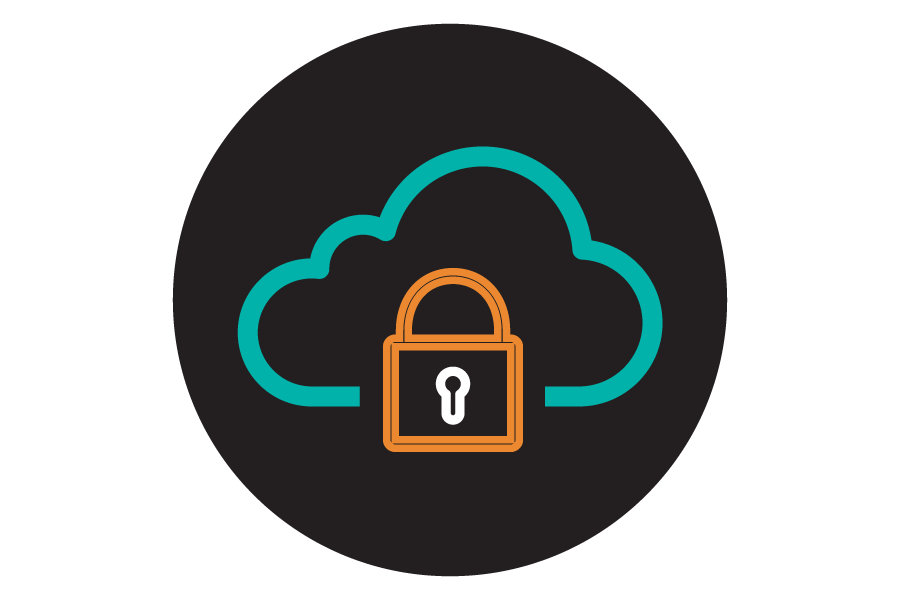CONTENT CENTER

New Jersey Adopts a Comprehensive Data Privacy Law
2023 was a record-breaking year, with legislators in Delaware, Indiana, Iowa, Montana, Oregon, Tennessee and Texas passing comprehensive data privacy laws, joining California, Colorado, Connecticut, Utah and Virginia. Already 2024 is on pace to beat 2023’s record year, as New Hampshire (New Hampshire Privacy Act, SB 255-FN), New Jersey (New Jersey Privacy Act, SB 332) and Kentucky (HB 15) lawmakers have already passed comprehensive privacy laws. This post provides the details and information you and your business need to know about the New Jersey Privacy Act (NJPA), signed into law by Governor Phil Murphy. You can find our discussion regarding the New Hampshire Privacy Act here.

“Ding Dong” -- FTC-Drizly Data Breach Settlement Will follow CEO Personally for a Decade
The Federal Trade Commission (“FTC”) announced on Monday that it is settling a case against Drizly and its CEO stemming from a 2020 data breach that impacted roughly 2.5 million consumers. The proposed order not only contains a laundry list of security-related obligations for Drizly that span twenty years, but also names and targets its CEO James Cory Rellas personally, hitting him with obligations that will follow him for a decade, even if he moves to other organizations. There are also hints that the FTC intends to elevate information security issues to boards of directors and other top-level executives.

California Assembly Passes Sweeping Age-Appropriate Privacy Legislation
California is leading the way on privacy regulation --- again. The California State Assembly has passed AB 2273, which, if approved by the California Governor, would require businesses that provide online services, products, or features likely to be accessed by children or teens under the age of 18 to increase their privacy and safety protections.

Determining Entity Status Before the United States and Patent Trademark Office: Large, Small, or Micro?
When filing any patent application with the United States and Patent Trademark Office (USPTO), patent applicants must designate their entity status. Selecting the correct entity status can significantly reduce costs, so it is important to determine the correct entity status and update the status as needed throughout a patent’s and patent application’s life. Below is a discussion on how a patent applicant or patentee can determine their entity status and change their entity status after an initial designation, if appropriate.

The Patentability of Blockchain and Cryptocurrency
Frank L. Gerratana explains blockchain technology and the relationship between blockchain and cryptocurrency.

California Legislature Passes New Key Privacy Laws, Expected to Be Signed Next Week
California lawmakers wrapped up this year’s legislative session, passing roughly 900 bills this year. Among those were only a few privacy initiatives, which we outline in this article.

EXCLUSIVE RIGHTS: Intellectual Property — Blockchain, Cryptocurrency, and IP: What Does the Future Hold?
In this episode of the EXCLUSIVE RIGHTS: Intellectual Property podcast, Mintz Intellectual Property attorneys Frank Gerratana and Daniel Weinger explore cryptocurrency, blockchain, and how IP factors into the future of these emerging technologies.

FTC Personal Health Records Breach Rule Applies to Health App and Connected Device Developers
On September 15, 2021, the FTC issued a Policy Statement offering guidance on the scope of the FTC’s Health Breach Notification Rule. The Breach Rule applies to a wide range of health apps where identifiable health information is involved.

Another Court Orders Production of Cybersecurity Firm’s Forensic Report in a Data Breach Case
Another district court just ordered the defendant in a data breach class action to turn over the forensic report it believed was entirely protected from disclosure by the attorney-client privilege and work product doctrine. The court granted the motion to compel Rutter’s to produce its investigative report (the “Kroll Report”), which was created after the defendant was notified of a potential breach.

White House to Business: “Take Ransomware Crime Seriously”
By Cynthia Larose
As we come out of the COVID-19 pandemic, another type of infection is threatening businesses as ransomware continues to spread. A roll call of entities have experienced major ransomware attacks just in the past few weeks.

Fact-Specific Inquiry: Deciding Between Trade Secret and Patent Protection
By Adam P. Samansky and Nicholas W. Armington
Innovations that are eligible for patent protection are often vital to a company’s revenue stream and profitability, but in some cases, opting for trade secret protection is a better strategic choice.

MintzEdge Entrepreneur Perspective: Jake Shapiro On The State Of The Podcasting Market
In this podcast, Jake Shapiro, the founder of RadioPublic and Podfund, explores the current state of the podcasting market and industry trends.

Patenting Considerations for Artificial Intelligence in Biotech and Synthetic Biology
By Terri Shieh-Newton, PhD, and Marguerite McConihe
Artificial Intelligence (AI) inventions have aided development in nearly every industry, but perhaps none more so than synthetic biology. For synthetic biology researchers, AI has developed into a vital tool to create cutting edge applications.

Recap of Federal Register Notice on Artificial Intelligence (AI) Patent Issues
By Marc T. Morley, Michael T. Renaud, Paul S. Brockland
Artificial Intelligence (AI) is increasingly becoming important across a diverse spectrum of technologies and businesses. As AI grows in importance in business and technology, so too grows the number of patent applications and the potential for uncertainty.

You’ve Got Mail! Emails May Be Subject to Stockholder Books and Records Requests
By Zachary Liebnick and Zane Polston
Delaware corporations have always been required to provide certain information to their stockholders under Section 220 of the Delaware General Corporation Law (DGCL), but the scope and form of that information has naturally changed as technology advances.

Why You Need Proprietary Information and Inventions Assignment Agreements
By Daniel Marden
Protecting your company’s intellectual property rights is essential during all stages of your company’s growth. One of the first steps you can take to protect your company’s intellectual property rights is to have all advisors, consultants, contractors and employees of your company enter into Proprietary Information and Inventions Assignment Agreements (“PIIAs”), also known as Confidential Information and Inventions Assignment Agreements.

California’s Privacy Act—Watch for an Expanding Private Right of Action
By Joshua Briones, Esteban Morales, Matthew Novian
The California Consumer Privacy Act takes effect on January 1, 2020, but amendments are expected. In an article recently published by Bloomberg Law, Mintz attorneys Joshua Briones, Esteban Morales and Matthew Novian discuss the April 9 hearing on SB-561, a bill that would expand the private right of action and remove compliance opportunities for businesses, and explain why the bill should be closely watched.

Musical.ly’s COPPA Failure Falls Flat at the FTC; Will Pay Note-Worthy Fine
By Cynthia Larose and Elana Safner
The Federal Trade Commission (“FTC”) has handed down its largest civil penalty ever for violations of the Children’s Online Privacy Protection Act (“COPPA”). Musical.ly, now known as TikTok after a 2018 merger, agreed to a fine of $5.7 million for its violations. The settlement was significant not only because of its record amount, but also because it includes a specific agreement on how the website will operate going forward.

The California Consumer Privacy Law is Here. Get Prepared.
By Cynthia Larose and Brian Lam
This webinar provides an overview of the act including who it applies to, the types of data covered, and the new rights granted by the act such as data access, deletion, and portability.

Employers Beware: Judge Greenlights Employee’s Privacy Lawsuit Over Dropbox Access
By Cynthia Larose, Katharine Beattie, and Jennifer Budoff
Many employers maintain policies limiting their employees’ expectation of privacy in the workplace, including policies that eliminate any expectation of privacy when using company-issued electronic devices. While employers may think that having such a policy would protect them from invasion of privacy claims under the Fourth Amendment or state law, a recent federal court decision may cause employers to think otherwise. This post examines this decision and provides best practices for avoiding issues with employees’ privacy interests.
View our full collection of blogs from Mintz by topic






